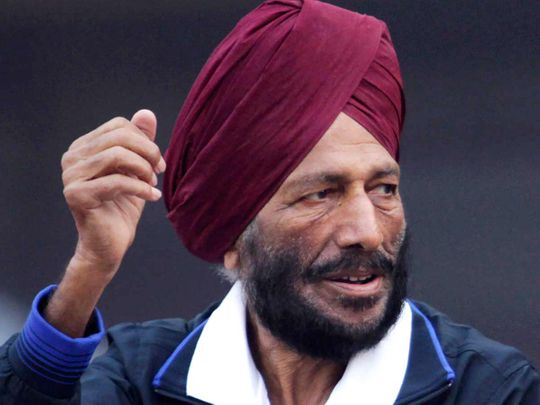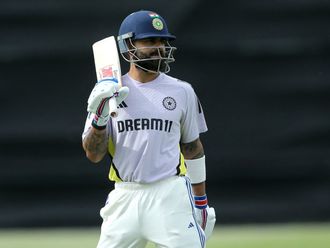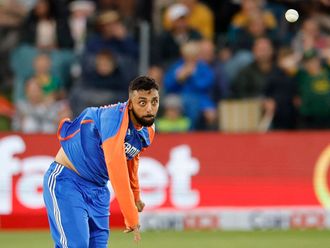
Kolkata: At 91 years, Milkha Singh had led a full life. However, if the Indians had woken up with a deep sense of loss on Saturday - it’s because of the manner in which the end came. It was post-COVID complications again and in less than a week after his wife Nirmal passed away from the virus.
Experience tells us that a sporting legend’s relevance often diminishes with age - only to be resurrected at the time of his or her death. With someone like the Milkha Singh of ‘The Flying Sikh’ as we knew him, it was different for he was a social icon in India at many levels.
It would be sheer ignorance to just bracket him as the man who missed the 400 metres bronze at 1960 Rome Olympics by a whisker. He was a relic of the painful saga of undivided India’s partition, of showing the world that a callow Indian army runner can nurse global amibitions in athletics at a time when the country was really known for it’s prowess in hockey at the Olympics arena.
The achievements had been mindboggling for someone in that era - four gold medals at the Asian Games - two in 400m (1958, 1962), one in 200m (1958) and one in 4x100m relay (1962), the first Indian athlete to win a Commonwealth Games gold in 1958 and a phenomenal record of winning 77 out of 80 races in the build-up to the Olympics. He was, by all means, looked upon as a medal prospect in the 400 metres race in Rome.
It’s common knowledge, possibly a ‘sitter’ in the sports quizzes about his timing in Rome Olympics - which was a national record for nearly four decades in India while his 400m Asian record stood for 28 years. However, the race which saw him finishing fourth was one of the most extraordinary quarter miles ever run in the history of Olympics - where all the first four finishers actually lowered the world record of 45.9 seconds.
He finished fourth with a time of 45.6 seconds as per a hand-held device, while an unofficial electronic timer at the games clocked him at 45.73 sec. This has been often a point of contention - but it hardly mattered in the end.
In his Milkha’s own words, he had a habit of looking over his shoulder at the last minute for his closest rivals which may have cost him the third place finish. His biopic ‘Bhaag Milkha Bhaag,’ (Run Milkha Run) alludes it to nightmarish childhood memories of riots during the trauma of Partition - something which must have had his approval during the research period.
It was a different generation and value system that he was born in pre-partition Punjab, where he first took to running at the promise of getting free milk to drink as a child. Otherwise, why would he charge a token fee of Rs one only (approximately five fills) to give permission to make a biopic on his life - a story corroborated by director Rakeysh Omprakash Mehra - when the story of his life had all the recipe of a gripping tale.
They certainly won’t make men like Milkha Singh anymore!








